Scientists explore how corals could adapt to climate change to survive, but stress that cutting emissions is crucial for their future.
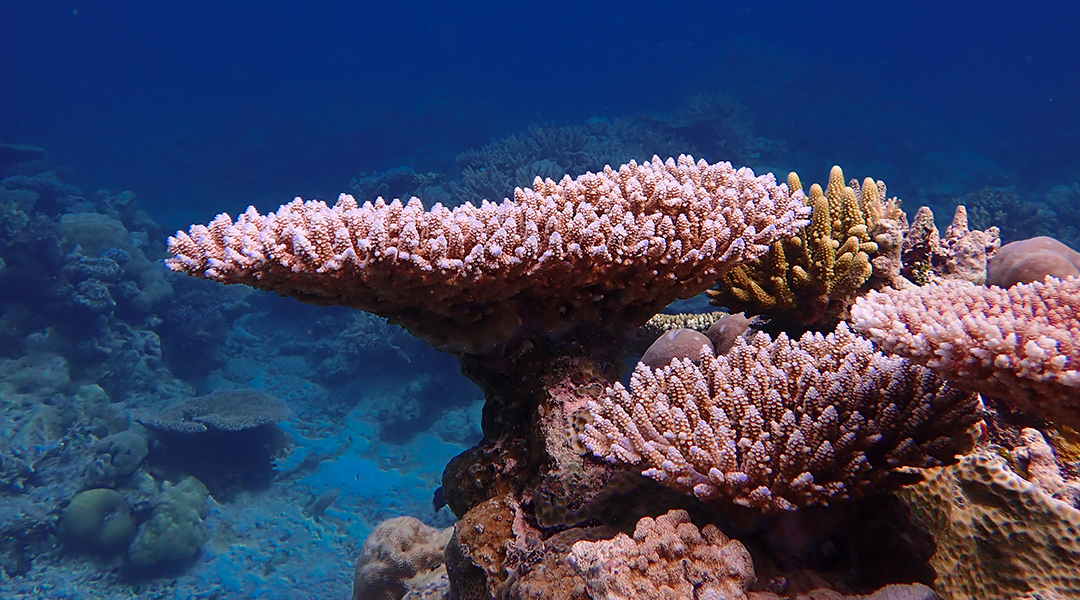

Scientists explore how corals could adapt to climate change to survive, but stress that cutting emissions is crucial for their future.
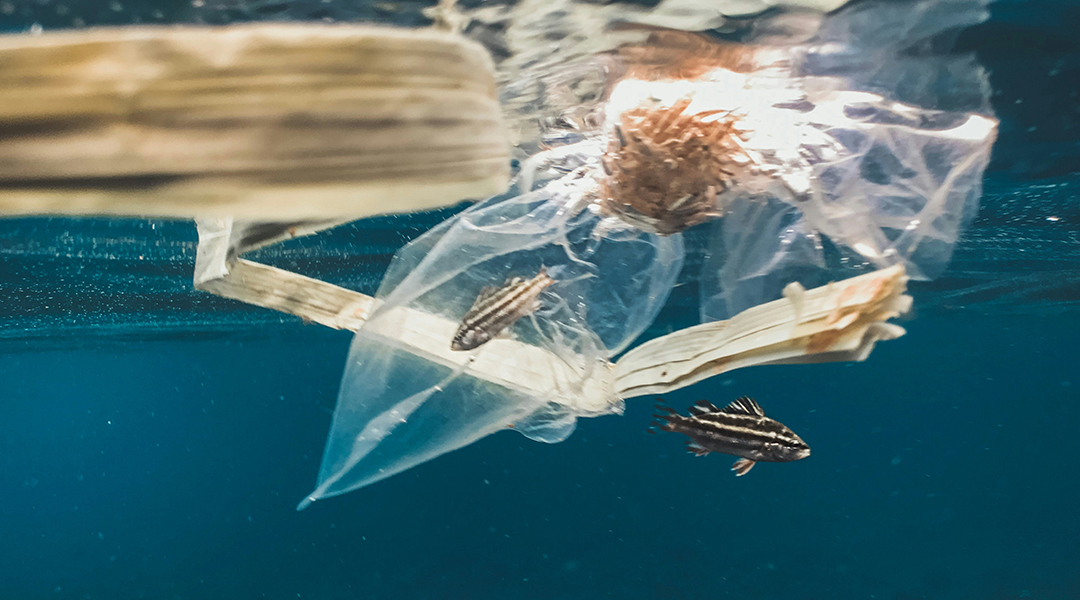
A new material designed to dissolve only in salt water could help us prevent the accumulation of microplastics in the seas.
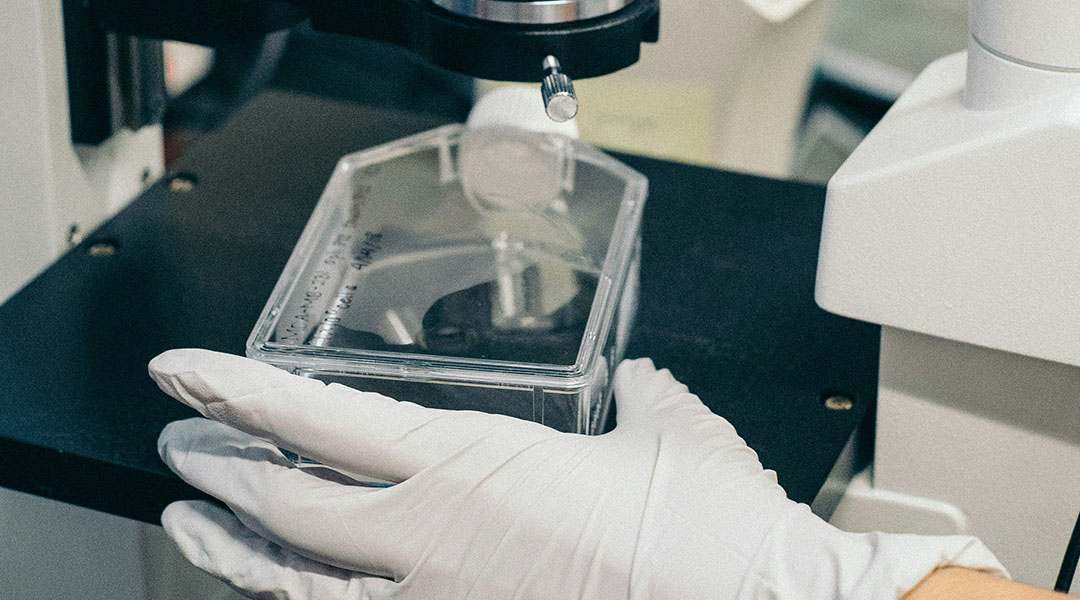
Scientists use mild electrical currents to treat skin infections, presenting an antibiotic-free solution amid rising antimicrobial resistance.
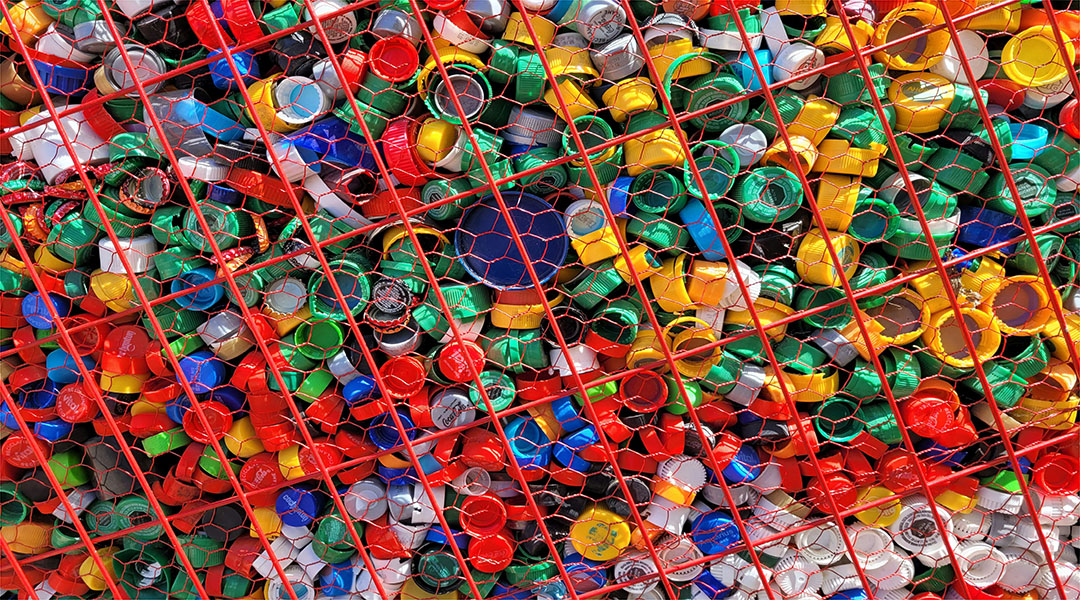
A common bacteria found growing on plastic in urban wastewater could provide new bioengineering solutions to clean up plastic waste.
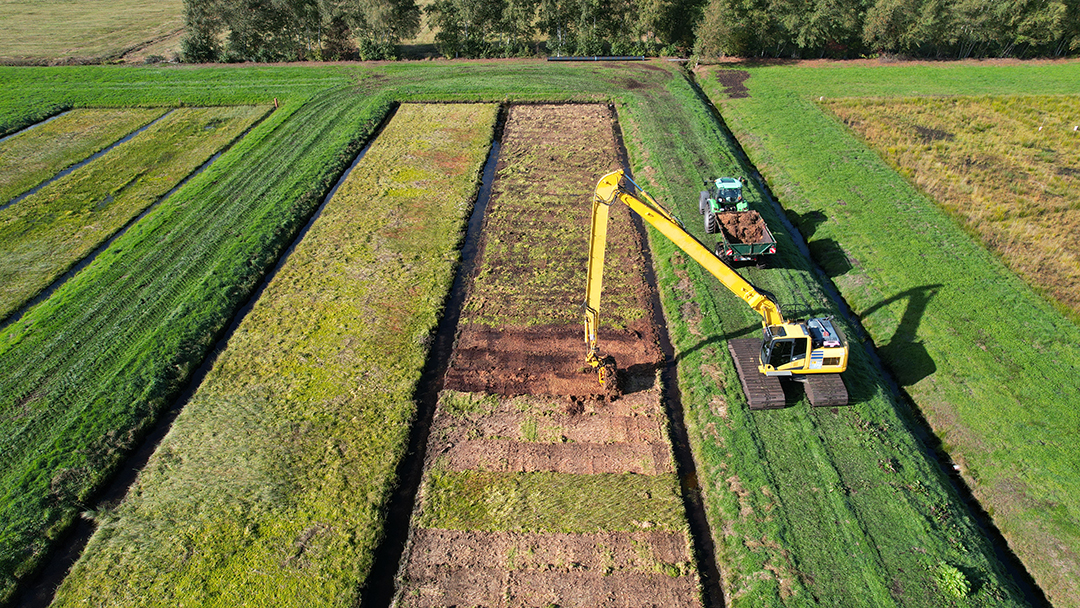
Scientists are reviving lost wetlands using paludiculture, blending ecology and economy to combat climate change and restore biodiversity.
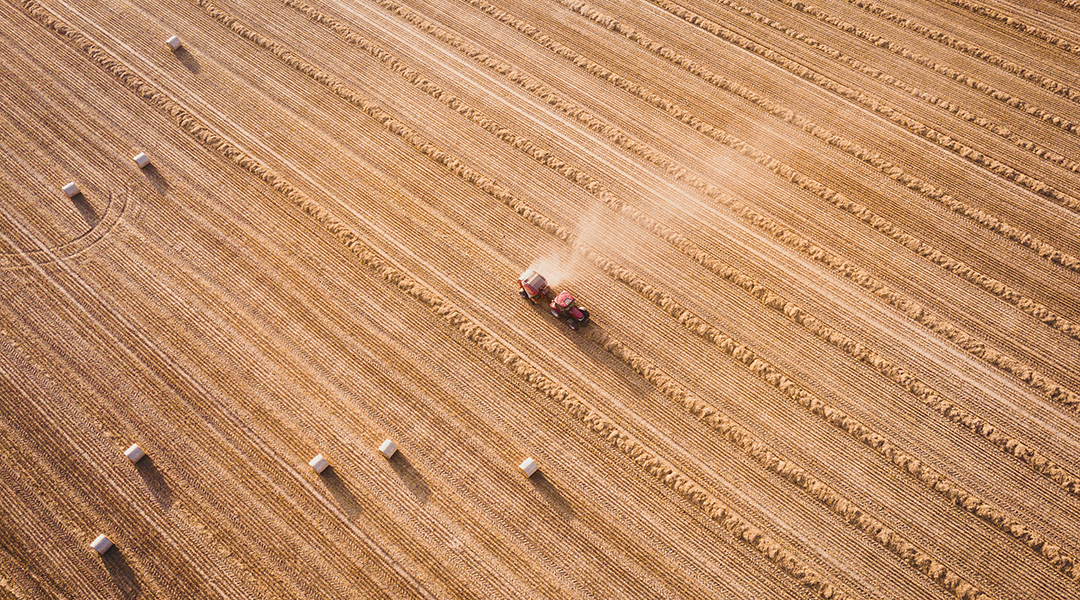
Combining agriculture with solar energy, agrivoltaics offers a promising solution to reduce carbon emissions while boosting food production.

Researchers have discovered that a protein produced by parasitic worms in the gut enhances wound healing in mice.
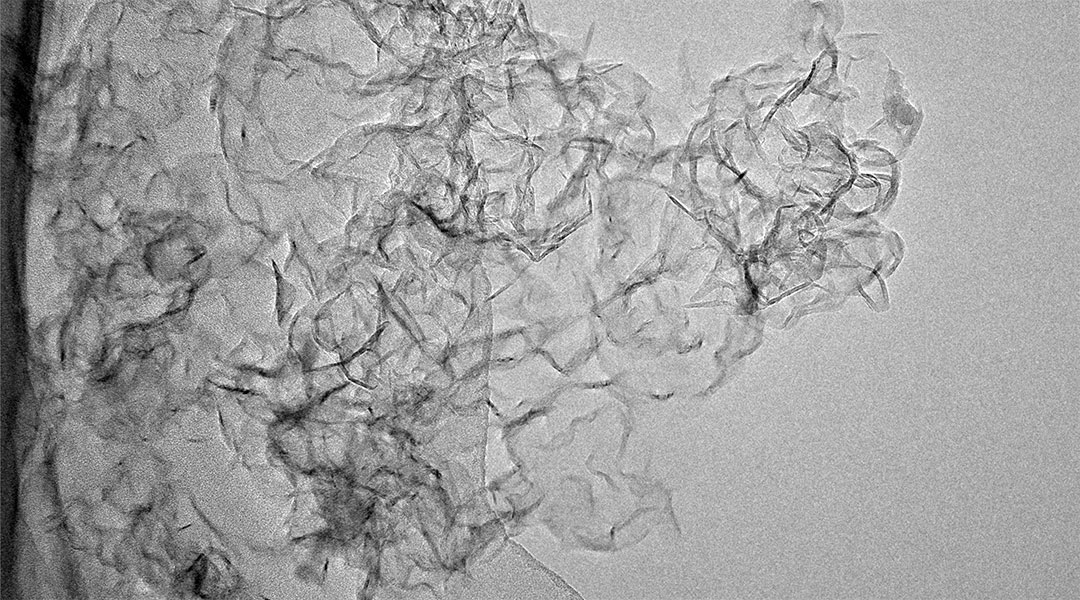
Scientists convert harmful microplastics into valuable graphene using plasma, offering a promising solution for this type of pollution.
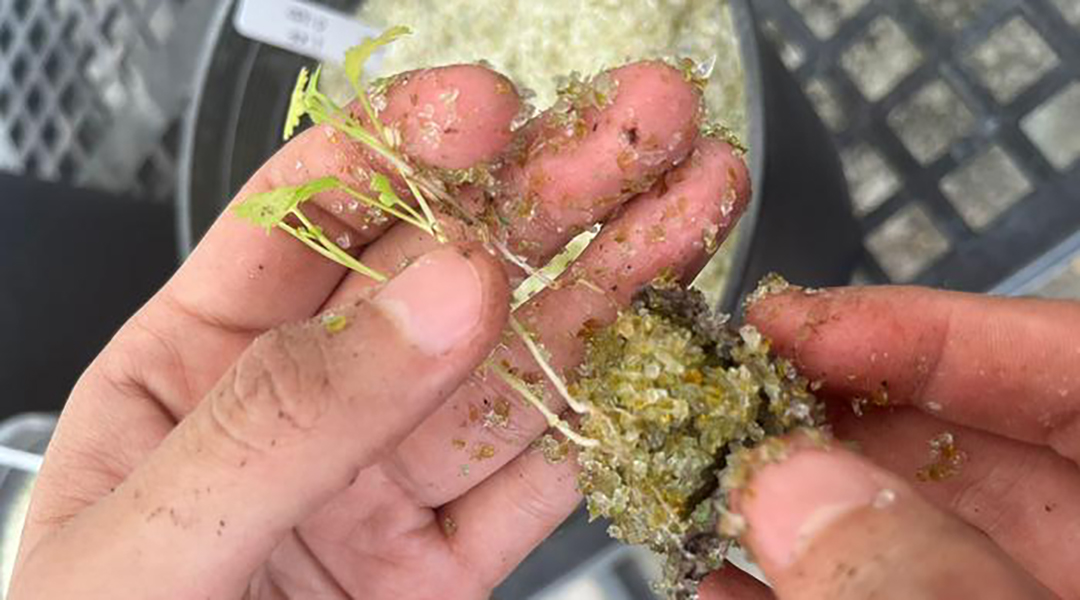
Pilot study explores how recycled glass is being used to grow salsa ingredients, protect coastlines, and safeguard the future of farming.
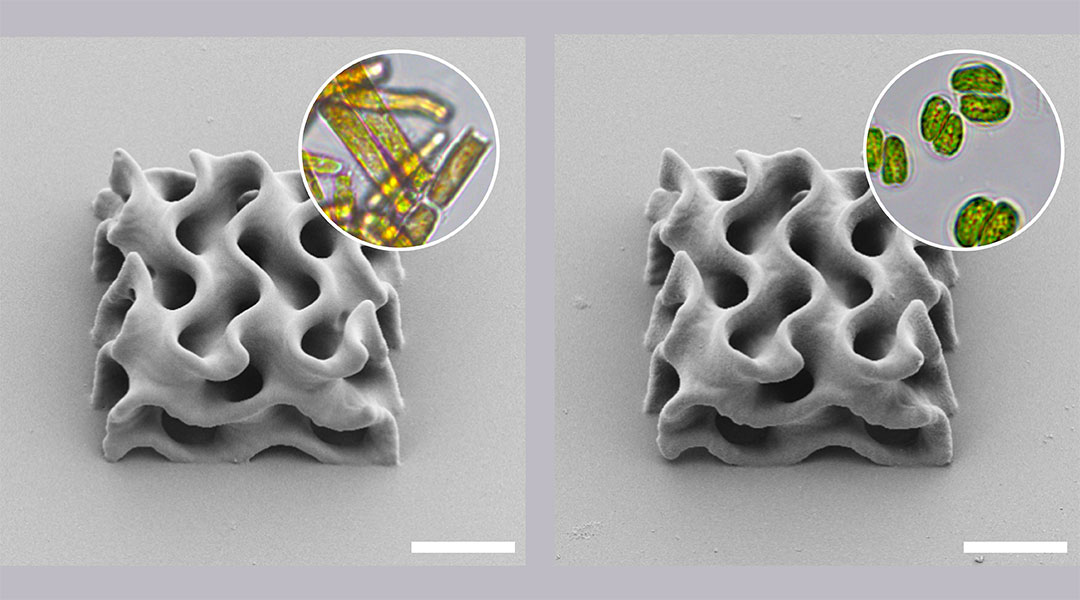
A search for environmentally friendly inks led researchers to microalgae biofactories, providing a renewable biomass solution.